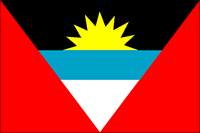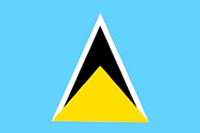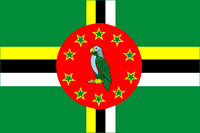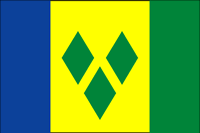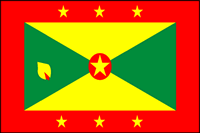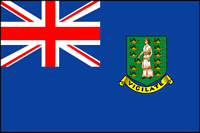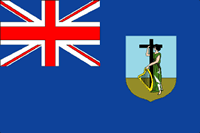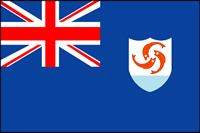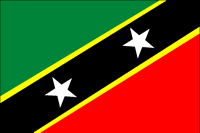Improving juvenile justice in the Eastern Caribbean

Social development in the Eastern Caribbean is one of the key challenges that the OECS Commission has to address. Human and Social development policies aim to improve the well-being and quality of life of all citizens in the OECS, and to enable them to reach their full potential. Hence the OECS Commission is collaborating with its Member States along with international agencies such as the United States Agency for International Development (USAID) or the United Nations Children's Fund (UNICEF) to review, update, amend and establish laws on multiple matters of social development in the Eastern Caribbean, including juvenile justice in the Eastern Caribbean.
The work on Juvenile Justice in the Eastern Caribbean undertaken by the OECS Commission speaks to the third strategic Objective of Social Development in the region - Facilitating social reintegration and inclusive communities and relates to individuals in conflict with the law who are prone to recidivism with further linkages to the OECS Youth empowerment Strategy (OECS YES) as it relates to youth and child justice matters.
JJRP II is the second phase of an eight-year Juvenile Justice Reform initiative within the OECS. Phase one of this initiative paved the way for continued effort at reform with the launch of Phase two in July 2016.
Building on the first juvenile justice reform programme, the OECS, through JJRP II seeks to strengthen juvenile justice systems to promote the rehabilitation and reintegration of youth in conflict with the law back into society. As part of JJRP II, the OECS Commission collaborated with multiple stakeholders who can provide support services to youth in conflict with the law.
- Download the list of support services available in your country!
- What is Juvenile Justice Reform? Here are some Frequently Asked Questions (FAQs) about the Juvenile Justice Reform.
Key Achievements
The work undertaken by the OECS and its partners over the four years of JJRP Phase II has led to the following key achievements:
- the child justice legislation was passed in the OECS Member States below:
- Antigua and Barbuda, (download the child justice legislation for Antigua and Barbuda)
- Grenada, (download the child justice legislation for Grenada)
- Saint Lucia, (download the child justice legislation for Saint Lucia)
- Saint Kitts and Nevis (download the child justice legislation for Saint Kitts and Nevis) and
- Saint Vincent and the Grenadines (download the child justice legislation for Saint Vincent and the Grenadines),
- the child justice legislation has been developed in the Commonwealth of Dominica, and is awaiting Cabinet approval and enactment,
- a legacy model and framework to guide the use of diversion, rehabilitation and reintegration has been developed and is being adopted in all of the countries,
- most OECS governments are working on policy formulation and the development and implementation of systems and structures to support the new child justice laws,
- 325 children have been diverted/given alternatives from arrest or custodial sentences, representing a more than 300% increase in the use of diversion,
- 215 children in conflict with the law completed Aggression Replacement Training (ART®),
- 1440 service providers have been trained to design and deliver interventions that enable successful diversion, rehabilitation, and reintegration of children in conflict with the law.
- the child justice legislation was passed in the OECS Member States below:
The OECS/USAID Juvenile Justice Reform Project Phase II (JJRP II)

Beneficiary Countries:
The Juvenile Justice Reform Project (JJRP) II aims to improve juvenile justice in the Eastern Caribbean. JJRP II deals specifically with youth in conflict with the law and the provision of diversion, rehabilitation and reintegration mechanisms for assisting children in six OECS Member States, namely: Antigua and Barbuda, the Commonwealth of Dominica, Grenada, Saint Kitts and Nevis, Saint Lucia and Saint Vincent and the Grenadines.
Goals
the Juvenile Justice Reform Project Phase II places greater emphasis on ensuring that youth in conflict with the law in the Eastern Caribbean were rehabilitated and reintegrated into society. Accordingly, the three (3) pillars of this second phase were identified as :
- Establishment of an effective system of diversion for children in conflict with the law in the Eastern Caribbean by providing them with alternatives from arrest prosecution or custodial sentences, and allowing justice officials to work with the youth, families, victims, community members and other stakeholders to holistically address issues,
- Establishment of a system of rehabilitation underpinned by evidence-based diagnosis and treatment for youth in conflict with the law in the Eastern Caribbean which helps child offenders to grow, learn from mistakes, accept responsibility, change behaviours and gain skills to become productive citizens,
- Successful reintegration of children in conflict with the law into society.
Activities
The modernisation of Juvenile Justice in the Eastern Caribbean through the phase II of JJRP is pursued through the completion of multiple activities including:
- the implementation of working groups that include a wide variety of stakeholders such as Ministries in each country, communities, non-governmental organizations (NGOs) and the private sector,
- the introduction of further reform measures targeting at youth under 18 years who are in conflict with the law in Eastern Caribbean,
- the support of governments of the OECS to advance the formulation, the development and the implementation of systems and structures adapted to the new child justice laws,
- the implementation of continued specialized training for practitioners and policy makers wit hregard to the new child justice in the Eastern Caribbean,
Resources
Access more resources on Juvenile Justice Reform in the Eastern Caribbean via the OECS Library.
Partners
The OECS, through the Human and Social Development, partnered with the United States Agency for International Development (USAID) to achieve the modernisation of child justice in the Eastern Caribbean through the implementation of the Juvenile Justice Reform Project Phase II (JJRP II). The implementation of JJRP II also includes a wide variety of stakeholders such as multiple Ministries in each country, communities, NGOs, and the private sector.
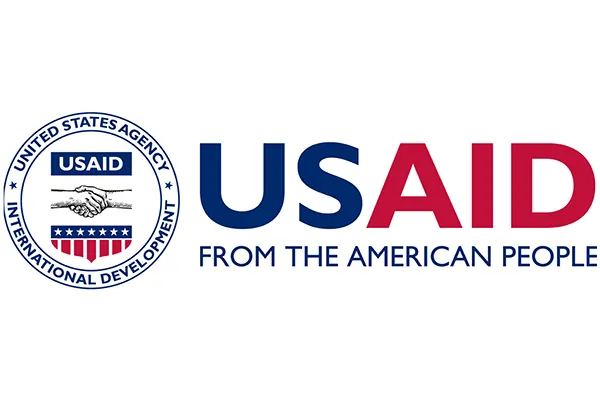
Contacts
Aretha Darcheville
Project Manager Social Inclusion and Social Protection
Tel: +1 (758) 453-0669
Tracy St. Claire
Programme Assistant Social Inclusion and Social Protection
Tel: +1 (758) 455-6300
Shahini Gravillis
Technical Specialist (OASYS)
Tel: +1 (758) 455-6330
Sharon Jacob
Senior Administrative Assistant
Tel: +1 (758) 455-6727
Juvenile Justice Support Services in the Eastern Caribbean
JRP II works with a wide variety of stakeholders including multiple Ministries in each country, communities, NGOs, and the private sector. This program will continue to introduce and implement a number of reform measures that will result in more modernised systems of youth justice in the Caribbean region and will involve continued specialized training for practitioners and policymakers, the updating of laws, regulations, policies, and protocols for the treatment of youth in conflict with the law. Learn more.
